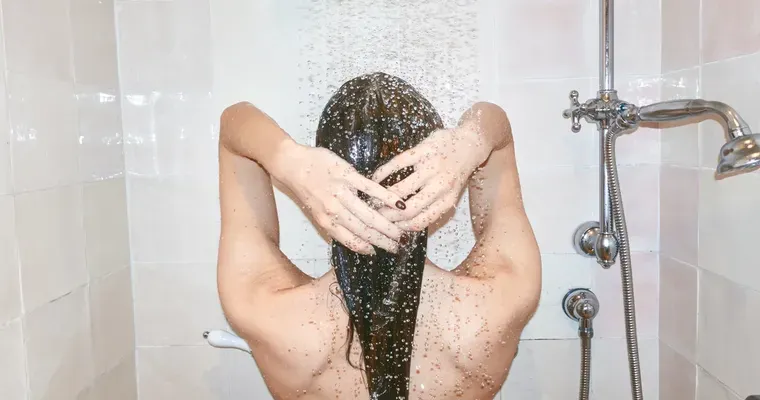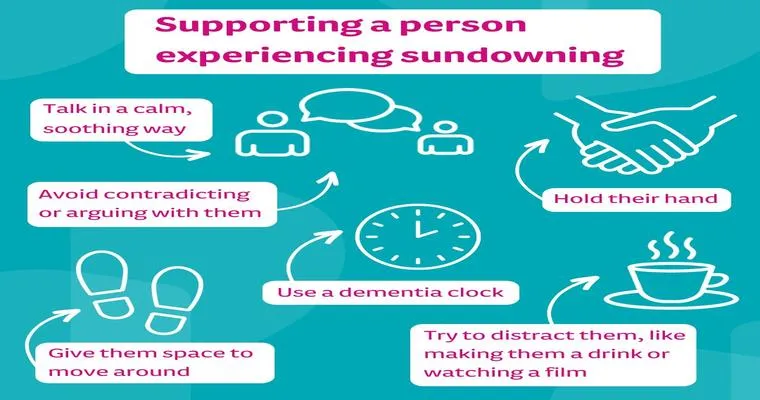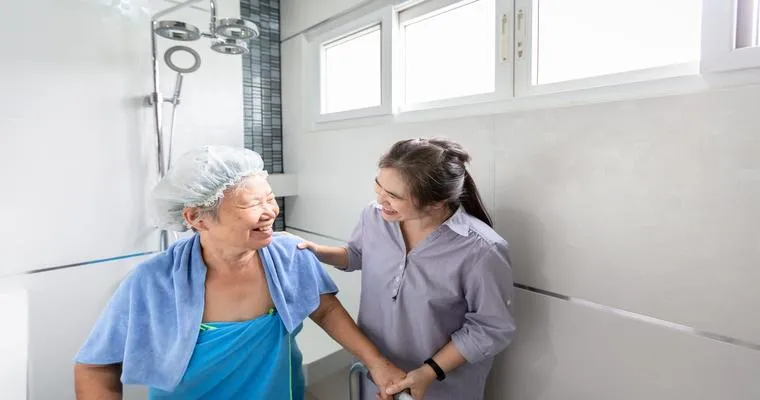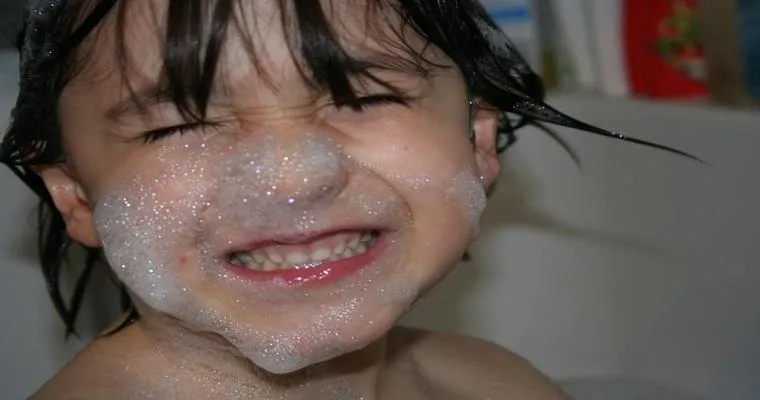Many people experience days when they simply do not want to shower. This reluctance can stem from a variety of reasons, including "mental health" issues, "fatigue", or even "sensory sensitivities". Understanding why someone might feel this way is crucial for addressing the underlying causes and finding viable solutions to encourage better hygiene habits.
The Psychological Factors
One of the most common reasons for not wanting to shower is related to "mental health". Conditions such as depression or anxiety can lead to a lack of motivation and energy, making even simple tasks feel overwhelming. When someone is struggling with their mental health, the thought of showering can seem daunting, and they may prioritize other activities or simply opt to stay in bed instead.
The Impact of Fatigue
In our fast-paced world, "fatigue" is a common issue that can contribute to the desire to avoid showering. Long work hours, family responsibilities, and social commitments can leave individuals feeling exhausted by the end of the day. When tiredness sets in, self-care activities like showering may fall by the wayside, as people opt for rest instead of a cleansing routine.
Sensory Sensitivities
Another significant factor that may lead to an aversion to showering is "sensory sensitivities". Some individuals, particularly those on the autism spectrum or with sensory processing disorders, may find the sensations associated with showering uncomfortable or overwhelming. The feeling of water on their skin, the sound of running water, or even the smell of certain soaps can be distressing, leading them to avoid showers altogether.
The Social and Cultural Aspects
Sometimes, the reluctance to shower can be influenced by "social" and "cultural" factors. In certain communities, hygiene practices may differ from mainstream norms. Furthermore, individuals who feel isolated or disconnected from their social circles may not place as much importance on personal hygiene, leading to a cycle of neglect.
Finding Solutions
Addressing the reasons behind the reluctance to shower is essential for improving personal hygiene. Here are some strategies that may help:
1. "Seek Professional Help": If mental health is a significant factor, speaking with a therapist can provide support and coping strategies.
2. "Create a Routine": Establishing a consistent shower schedule can make the task feel less daunting. Consider showering at a time of day when you feel most energetic.
3. "Make It Enjoyable": Use soothing scents, comfortable water temperatures, and gentle music to create a more pleasant showering experience, especially for those with sensory sensitivities.
4. "Start Small": If showering feels overwhelming, start with a quick rinse or wash specific areas of the body. Gradually build up to a full shower.
5. "Involve Support": For those who struggle with motivation, enlisting the help of a friend or family member can provide encouragement and accountability.
Conclusion
Not wanting to shower can be a complex issue influenced by "mental health", "fatigue", "sensory sensitivities", and "social" factors. By understanding these underlying reasons and implementing effective strategies, individuals can work towards improving their personal hygiene and overall well-being. Remember, it is important to be kind to yourself and seek support when needed.





